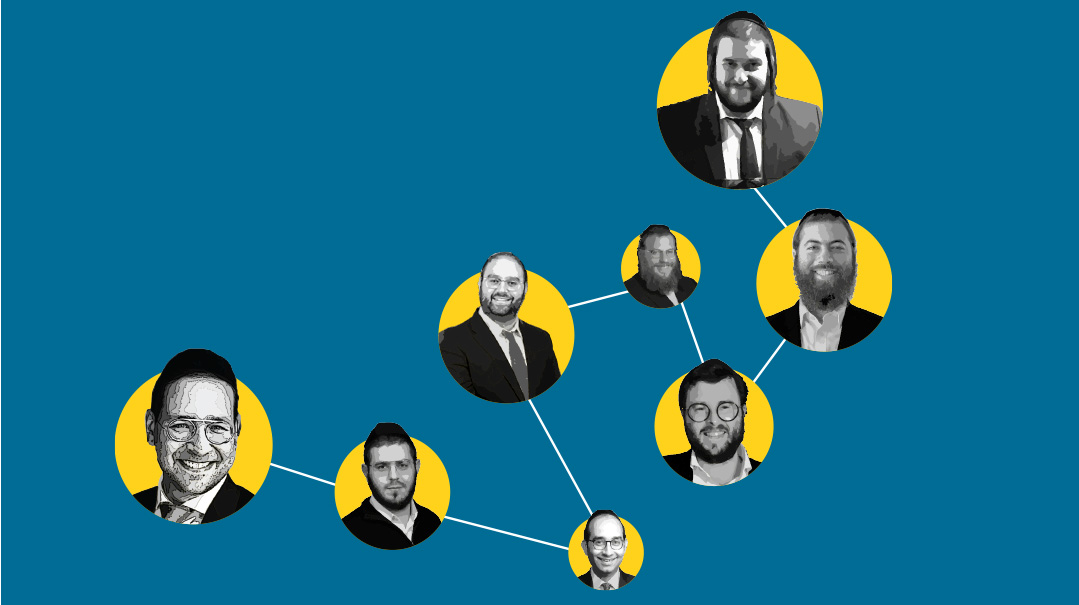Learning from Business Mistakes
| March 26, 2024What was one of your greatest business mistakes and what did you learn from it?

The greatest mistake I made when I opened my business was focusing on shiny objects instead of concentrating on moving the needle forward on the actual product. I invested thousands of dollars on creating a beautiful website, a fancy office and phone system, and paper ads. Yet I found that what ultimately led me to success was hiring a coach, experienced in my industry, to guide me on how to price my services, fill my pipeline with new clients, and focus on sales and delivering to my clients.
I’ve shared this experience with many of my clients to show the importance of pricing services and products correctly and becoming financially savvy in business. Building a successful business doesn’t happen by chance. It happens through putting in the right efforts consistently, over time, with the right guidance.
—Ahuva Gruen, CPA, AG Financial Services LLC
MY greatest mistake was not having a side job when going into commissioned sales. It takes time to make it in sales and the beginning is rough.
I began my sales role with commission only and no salary. But from seeing other agents’ successes, combined with the numbers I was told to expect, I thought I had a chance to make it. In reality, I found myself running into debt. One day, I decided to completely leave sales.
I left the field too quickly. Fast-forward almost six years and I’m back in it. I thank Hashem for the decision to give it another try. I haven’t looked back.
In sales, you burn out quickly if you don’t see money coming in. The first six months of sales are very challenging; you’re lucky if you can count your sales on three fingers. You have to give yourself time to shine. So while the potential is massive, you need to make sure there is supplemental income in the beginning so you don’t burn out.
—Shalom Markman, Account Executive, Fidelity Payment Services
INthe early stages of my leadership journey, I believed effective delegation involved entrusting entire projects to other staff members without check-ins or follow-ups. However, as I mastered the art of delegation, I now adhere to the principle of “inspect what I expect.” This means consistently monitoring and assessing the progress to ensure optimal results.
You can give your staff full autonomy on a project, but at the same time you need to create the places where you do regular check-ins to make sure the results are what you expected.
—Meny Hoffman, CEO, Ptex Group
MY greatest mistake was waiting too long to take the leap of leaving a comfortable salary to jump into the unknown seas of the entrepreneurial journey.
A couple of years ago, I took one of our big investors on a tour of a property. I like learning from folks who are doing things right, so I asked him, “What does it take to make it on my own and do my own deals?”
His answer was firm and caring. “Moish, I’m sure this is not the first time you’ve asked that question and thought of going on your own. It’s not about how. It’s about now. The way to do it is to do it. Don’t wait to be ready.”
Whether it’s asking for a raise, switching companies or careers, pursuing entrepreneurial dreams or advanced education, the leap will always be scary. But waiting can be even scarier. With time, it may become more difficult, or worse — it may never happen.
It’s about finding that sweet spot — enough planning to dodge a mess, but not so much that you end up stuck in a rut. Last year, for instance, I took the leap of hiring a personal assistant when it seemed premature. In the beginning, there wasn’t much for him to do. But that decision pushed me to get things done. Now, I can’t imagine managing without my assistant.
Ask yourself: What will I regret more in five years: doing that hard thing, or staying right here?
If you’re not tripping up here and there, you might be playing it too safe. Mistakes are often road marks on the path to great things. Every slip-up is a chance to pick up something new, to tweak and refine. You win some, you learn some.
—Moshe Sherizen, Executive Director @ DAASS.com
Don’t let Your Focus Get Hijacked
Attention is our most valuable asset. The best behavioral psychologists, computer programmers, and marketers work relentlessly on ways to hijack our attention, often without us even realizing it. We’re lured into one more scroll, one more video, and one more distraction. And this is on top of our day-to-day work responsibilities — emails, phone calls, Slack, WhatsApp, text messages, and so on. At our company, we’ve developed six key strategies to help keep our attention where it truly belongs — on our work and our well-being.
- Recognizing the value of our attention is the first step. We’re highly intentional about where we focus. Awareness can be immensely beneficial.
- We only take scheduled phone calls. Using online booking links, we schedule time with our team and clients. We don’t take unscheduled calls.
- Our cell phones are not for business calls. We use dedicated tools like Zoom for meetings and Aircall for phone and SMS communications.
- We embrace “Do not disturb” mode. Notifications are distractions in disguise. It’s essential to minimize these interruptions, especially when you’re part of many groups.
- We designate specific times for checking messages. Allocating times for checking emails and messages allows us to maintain focus without non-urgent communications breaking our concentration.
- We rely on automation tools, such as Zapier, to automate repetitive tasks and notifications for increased efficiency.
—Nathan Weill, Chief Executive Officer, Flow Digital
(Originally featured in Mishpacha, Issue 1005)
Oops! We could not locate your form.






